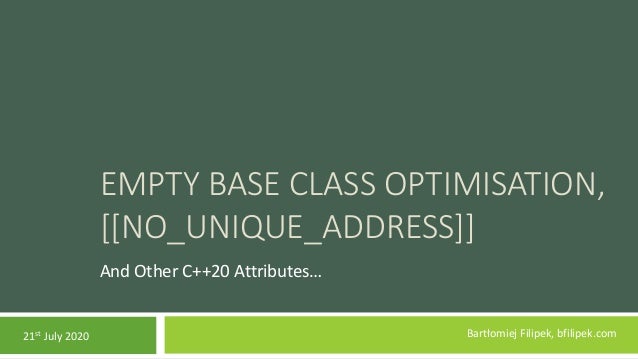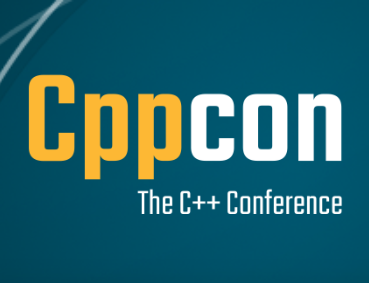C++ Lambda Story is 100% Complete
Will you read it?
C++ Lambda Story is 100% Complete
by Bartlomiej Filipek
From the article:
I’m pleased to announce that I’ve finished the work on the latest update for C++ Lambda Story! This makes the book complete now, and I can finally set its status to 100%! Read on to see the latest changes. It got more than 50 new pages!

 This year, CppCon 2020 is
This year, CppCon 2020 is  This year, CppCon 2020 is
This year, CppCon 2020 is  Will you use it?
Will you use it?
 This year, CppCon 2020 is
This year, CppCon 2020 is